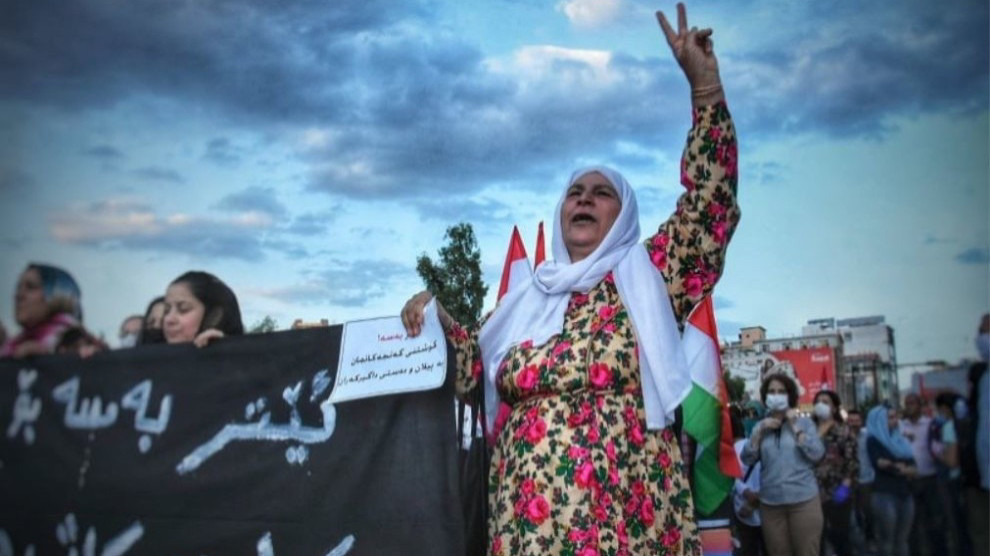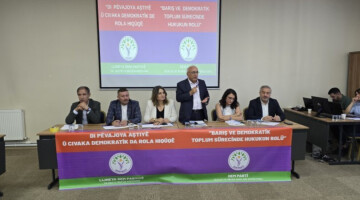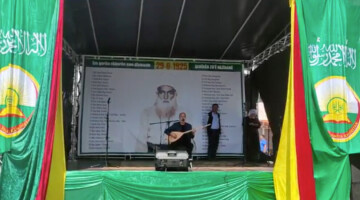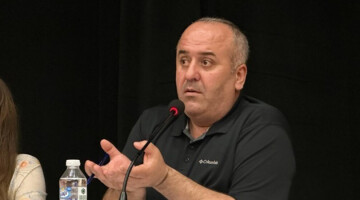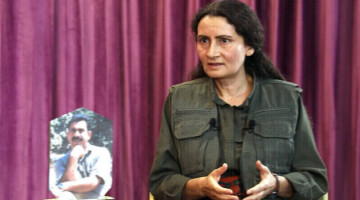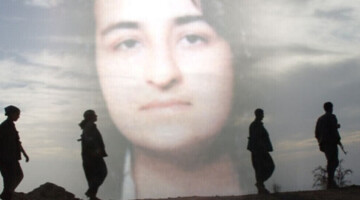The Turkish state's occupation attacks on Southern Kurdistan that have been ongoing since 15 June have taken on a new dimension. First, the Maxmur refugee camp, the Yazidi settlement Shengal (Sinjar) and numerous civilian settlement areas in the Medya Defense Zones were bombed by dozens of fighter jets. Two nights later, the occupation operation in Heftanin, which had begun in August 2019, was expanded with air strikes and ground troops. The attacks continue unabated.
Timing and reactions
The timing of these attacks is striking. They began after a meeting of the US-led "international coalition" in Baghdad, where the situation of the countries in the region was discussed. Turkey was not represented at the meeting. Immediately afterwards, however, a surprise visit was paid to Baghdad by the head of Turkish intelligence service MIT, Hakan Fidan. Various and contradictory information is available on this visit. In Baghdad, Fidan is said to have demanded that the new Iraqi Prime Minister, Mustafa al-Kadhimi, put pressure on the South Kurdistan regional government to close the Sêmalka border crossing into the North Syrian autonomous region. He is said to have demanded the same from the ruling party KDP. He is also said to have asked for the approval of a continuation of the operations in Shengal, Heftanin and Bradost.
Some voices claim that al-Kadhimi did not agree and Turkey nevertheless started the operation on 15 June. Other voices assume that al-Kadhimi gave his consent behind closed doors. One day after the start of the invasion, al-Kadhimi and leaders in the security apparatus and the army decided not to comment. This decision confirms the assumption that al-Kadhimi has reached agreement with Turkey on certain points.
Shiite circles and the Iraqi Foreign Ministry have protested against the invasion. In two verbal statements, the Foreign Minister called on Turkey to stop the attacks and withdraw its troops from Iraq. Shiite leaders like Amir Hekim, Mukteda al-Sadr and Hadi Amiri also protested against the Turkish occupation attacks. Iyyad Allavi, who is considered a Sunni leader although he himself is Shiite, has called on the USA to stop the Turkish invasion and to protect Iraq as a strategic partner from the attacks.
Hoşyar Zebari, a member of the KDP Politburo and former Foreign and Finance Minister of Iraq, has described the Turkish invasion as a "serious geopolitical development" and warned against a neo-Ottoman expansion that would also involve Mosul. He said: “For years, there has been talk that the Turkish leader Erdogan wants to expand the territory to the "Misak-i Milli" (National Pact) borders and to annex the entire southern part of Kurdistan, including Mosul and Kirkuk. So at last a KDP politician like Zebari has also brought up this danger. But it is not enough to talk about it. We must think about what can be done to block the Turkish plans. And what needs to be done is quite obvious: the Kurds must act together and take a common position.”
But Zebari does not speak for the whole KDP. Neither the party nor the regional government it controls have so far spoken out against the Turkish invasion. Instead of protesting, the Kurdish liberation movement is, as always, used as a justification. This shows that the KDP is to some extent part of the attacks.
Why are the USA and al-Kadhimi silent?
The voices against the Turkish invasion are getting louder. No statement has yet been made by Iraqi Prime Minister Mustafa al-Kadhimi and the USA. This inevitably raises the question of whether the Turkish occupation is the result of an agreement between the USA, al-Kadhimi and Turkey.
Immediately after the attacks began, Iraq sent a delegation to Duhok to investigate the extent of the invasion. The delegation visited Zakho, Duhok and the border area and returned to Baghdad without an explanation. The attacks did not stop afterwards but became even more violent.
This situation is reminiscent of the Turkish occupation operation in December 2017 in Bradost. A delegation from Baghdad came to the region, carried out investigations and returned. The Turkish state continued its operation and reached Lelikan in 2018 and Shekif in 2019, which it has since abandoned. The Iraqi delegation had apparently only clarified where Turkey was allowed to invade.
The situation will be similar with the delegation that was now in Duhok. The situation is as follows: the occupation attacks are continuing under a joint plan by the USA, part of the Iraqi leaders, Turkey and part of the KDP. Since Turkey's aggression knows no borders, civilians are killed every day, residential areas and picnic areas are bombed.
But the protests against the Turkish invasion also continue. The occupation plan and its actors are becoming clearer every day. It is also to be expected that the protests from Iraq and Southern Kurdistan will become louder.

